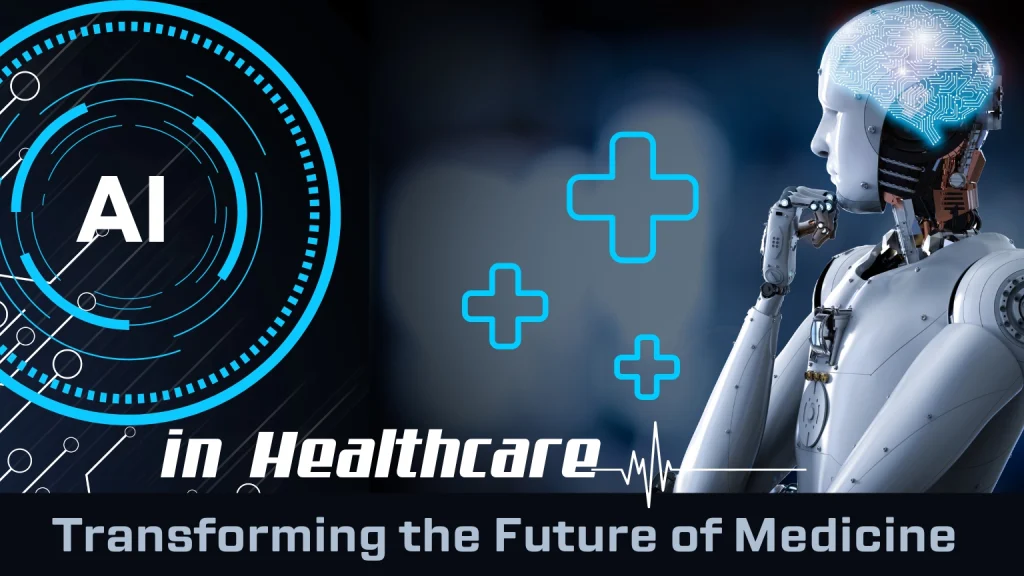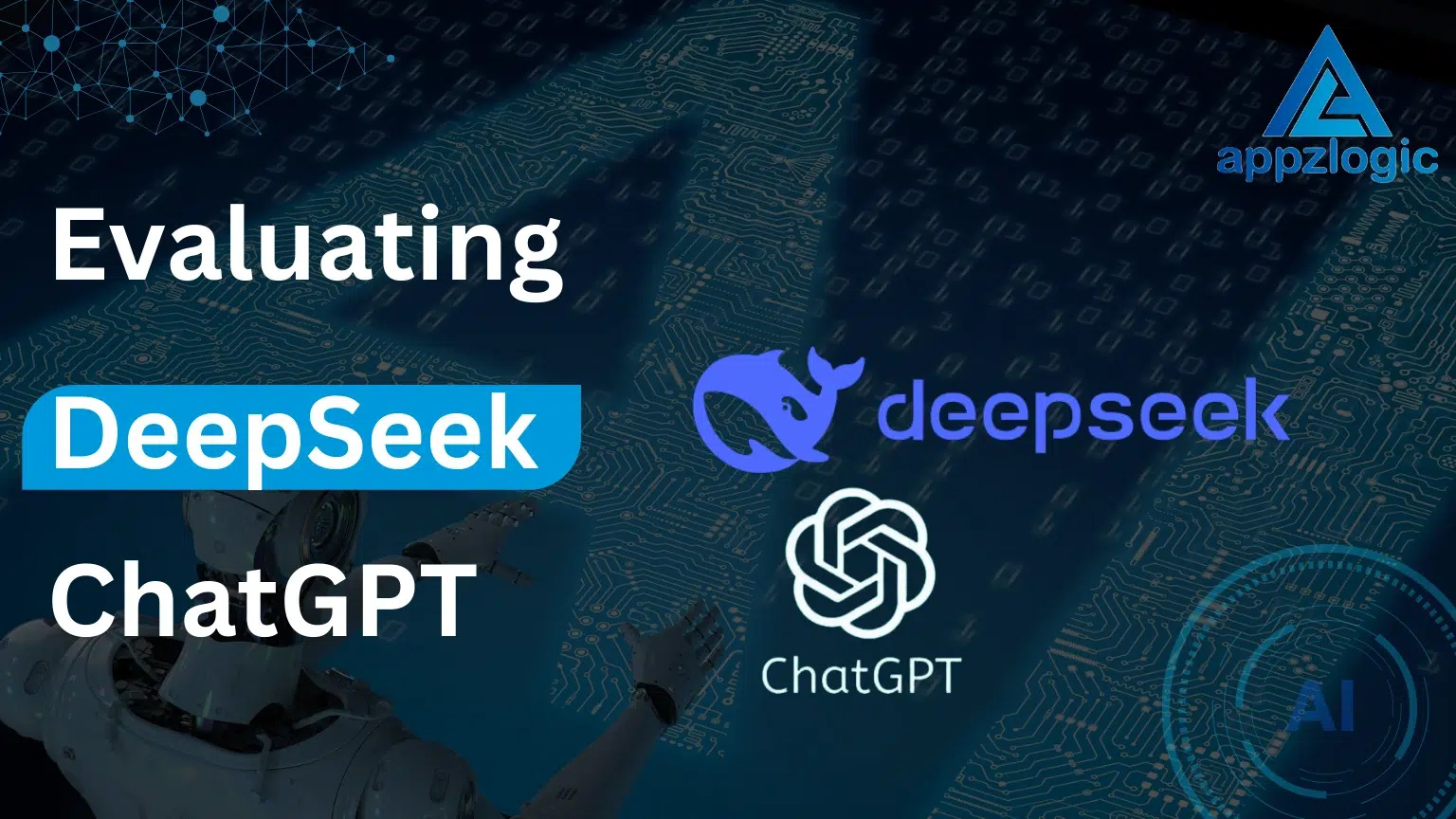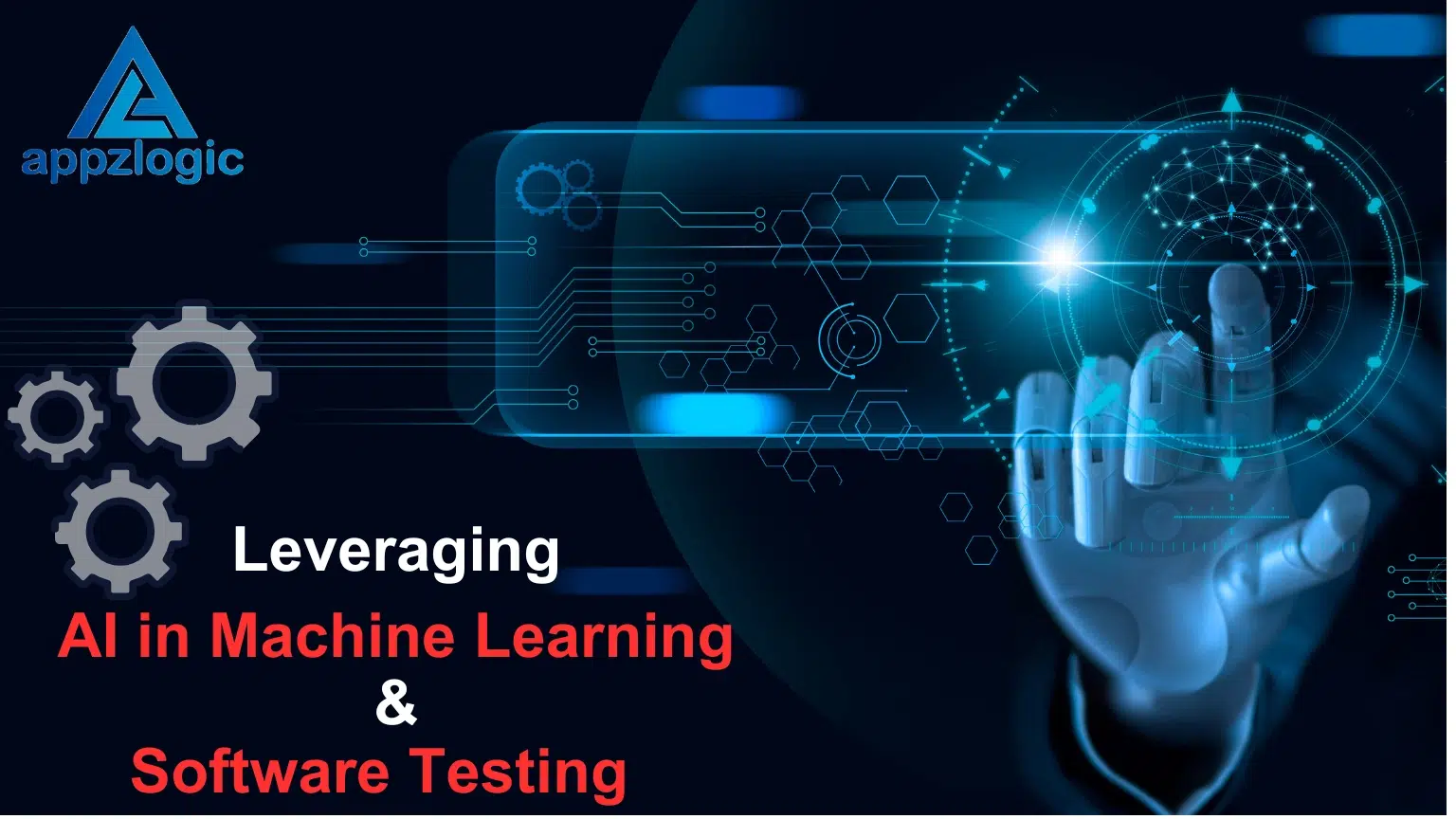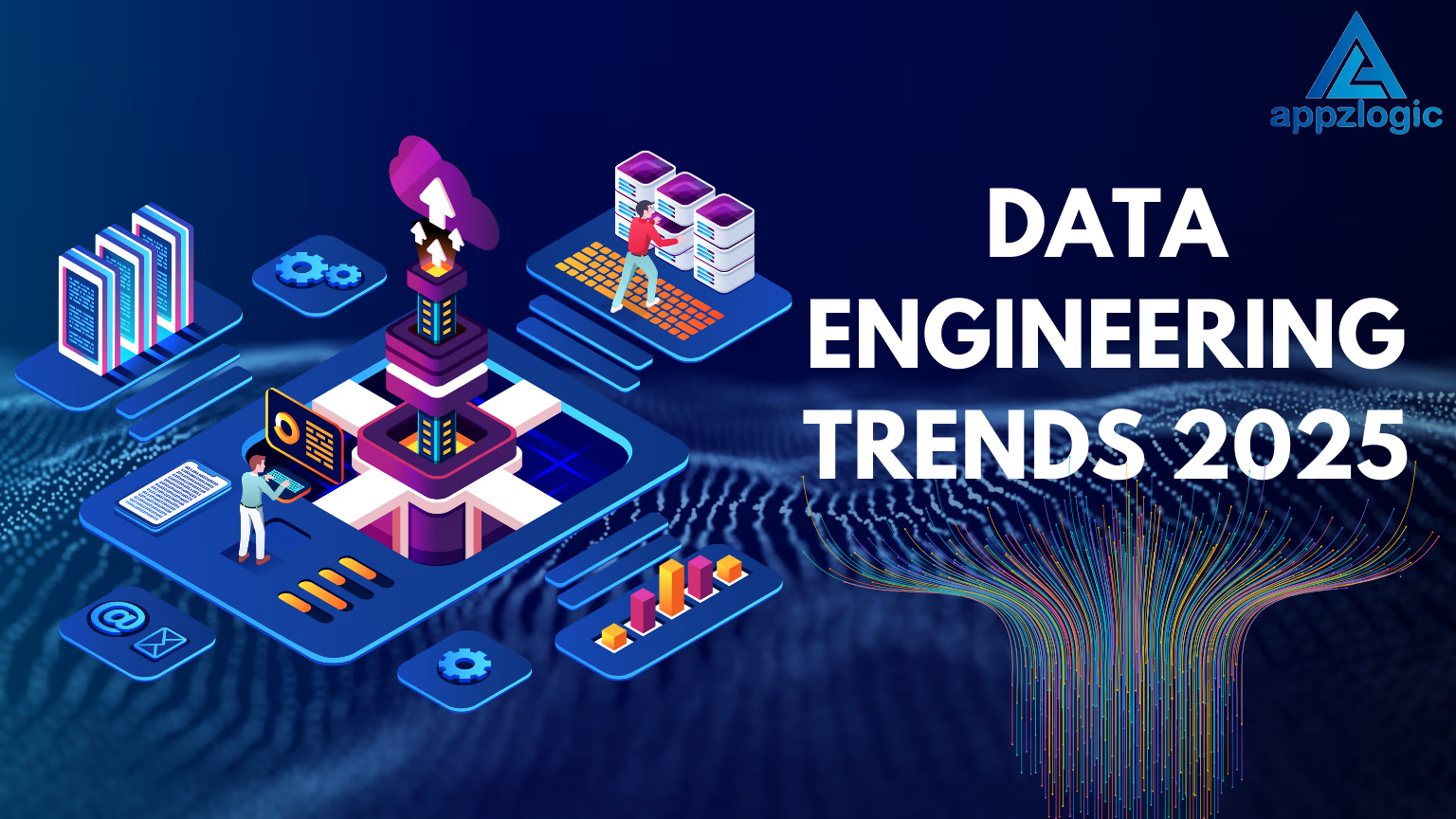
AI in Healthcare: Transforming the Future of Medicine
Artificial intelligence (AI) has emerged as a game-changer in the healthcare industry, revolutionizing patient care, diagnostics, and operational efficiency. From predictive analytics to intelligent systems, the role of AI in healthcare is expanding rapidly, driving better outcomes and transforming the way medical services are delivered.
In this comprehensive guide, we’ll explore the applications, benefits, and examples of AI in healthcare providing insights into how this transformative technology is reshaping the industry.
Introduction to AI in Healthcare
AI in healthcare refers to the use of advanced algorithms and machine learning to analyze complex medical data, improve decision-making, and automate repetitive tasks. Artificial intelligence in healthcare facilities and hospitals enhances patient outcomes by integrating intelligent systems into clinical and operational workflows.
Key Technologies Driving AI in Healthcare:
- Machine Learning (ML): Used in medical diagnosis and predictive analytics.
- Natural Language Processing (NLP): Extracts meaningful insights from unstructured data like patient records.
- Computer Vision: Enables medical imaging analysis for detecting abnormalities.
- Robotics: Assists in surgeries and automates hospital processes.
The Role of AI in Modern Healthcare
AI plays a pivotal role in transforming patient care and hospital operations. The same transformative power of AI can be seen in software testing, where Generative AI is streamlining workflows and enhancing efficiency. Here are some examples of how AI technologies help healthcare:
- Improving Patient Outcomes:
- AI-driven clinical suggestions analyze patient data to recommend personalized treatment plans.
- AI healthcare solutions for hospitals enhance accuracy in diagnostics and speed up critical decision-making.
- Streamlining Administrative Tasks:
- AI-powered systems reduce administrative burdens by automating patient scheduling, billing, and record management.
- Revolutionizing Diagnostics:
- AI systems in healthcare improve disease detection accuracy, especially in areas like cancer and cardiovascular diseases.
- Example: IBM’s Watson Health leverages artificial intelligence in medical diagnosis to assist doctors.
- Predictive Analytics:
- AI health data helps forecast disease outbreaks and hospital resource requirements.
Applications of AI in Healthcare
AI in the Medical Field
AI technologies are widely used in medical research, diagnostics, and patient care. Applications of AI in medicine include:
- Medical Imaging: AI-powered tools analyze CT scans, MRIs, and X-rays to detect anomalies.
- Drug Discovery: Accelerates the development of new medicines through predictive algorithms.
- Surgical Assistance: AI machines in hospitals assist surgeons with precision and consistency.
Healthcare AI Technology for Patient Care
AI-driven tools improve patient care by:
- Providing Real-Time Monitoring: Wearable devices track patient vitals and alert healthcare providers to emergencies.
- Enhancing Telemedicine: AI chatbots provide quick answers to patient queries, ensuring access to basic healthcare.
AI in Healthcare Management
The use of AI in healthcare industry operations includes:
- Resource Allocation: Intelligent systems optimize hospital staff scheduling.
- Supply Chain Management: Ensures timely delivery of medical equipment and medicines.
How is AI Used in Healthcare Sectors Today?
The application of AI in healthcare industry is vast and evolving
Below are some notable examples:
- AI in Hospitals: Automated workflows and AI-assisted surgeries enhance operational efficiency.
- Predictive Health Analytics: AI models analyze historical health data to predict patient outcomes.
- Patient Safety Systems: AI minimizes medical errors through advanced diagnostics and decision support systems.
AI-Driven Healthcare Innovations:
- Foresee Medical: This AI platform improves diagnostic accuracy and streamlines workflows.
Google AI in Predictive Healthcare: Advanced tools predict declining of patient health, Enabling healthcare providers to take timely action.
Examples of AI in Healthcare

1. AI for Medical Imaging• AI-powered imaging tools detect early signs of diseases like cancer.
• Example: DeepMind’s technology helps identify eye diseases from retinal scans.
2. AI in Drug Discovery
• AI accelerates research by analyzing vast datasets for potential treatments.
• Example: By integrating AI technologies, Pfizer was able to fast-track the development of the COVID-19 vaccine.
AI-based systems streamline patient intake, monitoring, and post-treatment care.
Benefits of AI in Healthcare
- Enhanced Efficiency: Automates repetitive tasks, freeing up time for healthcare professionals.
- Improved Patient Outcomes: AI-driven analytics provide more accurate diagnoses and treatment plans.
- Cost Reduction: Optimized resource allocation and early disease detection reduce overall healthcare costs.
- Personalized Care: AI tailors treatments based on individual patient data.
Challenges and Ethical Considerations
While AI holds great promise, it comes with its own set of challenges:
- Data Privacy: Handling sensitive health data securely.
- Bias in Algorithms: Ensuring AI systems are fair and unbiased.
- Integration Costs: High costs of adopting AI technologies in hospitals.

The Promising Future of AI in Healthcare:
- AI-Driven Clinical Trials: Speeding up drug approvals.
- Predictive Health Management: Identifying at-risk populations for preventive care.
- AI in Mental Health Care: Providing personalized therapy solutions through AI chatbots.
- AI-Powered Robots in Surgery: Enhancing precision and reducing recovery times.
- Wearable AI Devices: Improving remote monitoring for chronic conditions.
- AI in Preventive Care: Leveraging predictive analytics to avoid hospitalizations.
AI will also play a crucial role in identifying rare diseases conditions that are often challenging to diagnose promptly and accurately. Using advanced pattern recognition and facial analysis, AI-driven systems can detect genetic disorders that might go unnoticed by medical professionals. Additionally, AI-powered personalized virtual health coaches offer tailored guidance to help patients adopt healthier lifestyle habits, promoting preventive care and enhancing long-term health outcomes.
These developments were underscored at the 2024 Precision Med TriConference, where Mara Aspinall of Illumina Ventures spoke with Dr. Eric Topol, an esteemed expert at Scripps Translational Science Institute. Dr. Topol, a prolific author and leader in digital medicine, emphasized the inevitability and necessity of adopting AI in healthcare.
He cautioned that while this transformation may be one of the most significant in medical history, it remains in its early stages, and the healthcare community must proceed with measured optimism until robust, real-world evidence accumulates. Nevertheless, the indicators of rapid progress are mounting, suggesting that the wait for meaningful AI integration in routine care may be short.

Conclusion
The integration of artificial intelligence in healthcare is revolutionizing the industry, driving better patient outcomes, operational efficiency, and cost reduction. From intelligent systems in healthcare to AI-assisted diagnostics, the role of AI continues to expand. As technology evolves, embracing AI-driven healthcare solutions will be essential for delivering top-notch medical services and improving lives worldwide.
At Appzlogic, we are at the forefront of this transformation, providing AI innovations tailored to the healthcare sector. From predictive analytics to intelligent automation, our solutions empower healthcare providers to enhance diagnostics, streamline operations, and deliver personalized patient care with precision and efficiency.
Frequently Asked Questions
AI in healthcare refers to the use of intelligent algorithms to analyze data, assist in diagnoses, and automate processes.
AI works by processing large datasets, identifying patterns, and providing actionable insights for better decision-making.
Examples include AI-assisted imaging, predictive analytics, and personalized patient care systems.
AI helps in diagnostics, drug discovery, surgical precision, and resource management, enhancing overall care quality.
The future includes AI-powered wearable devices, precision medicine, and predictive health analytics for preventive care.


